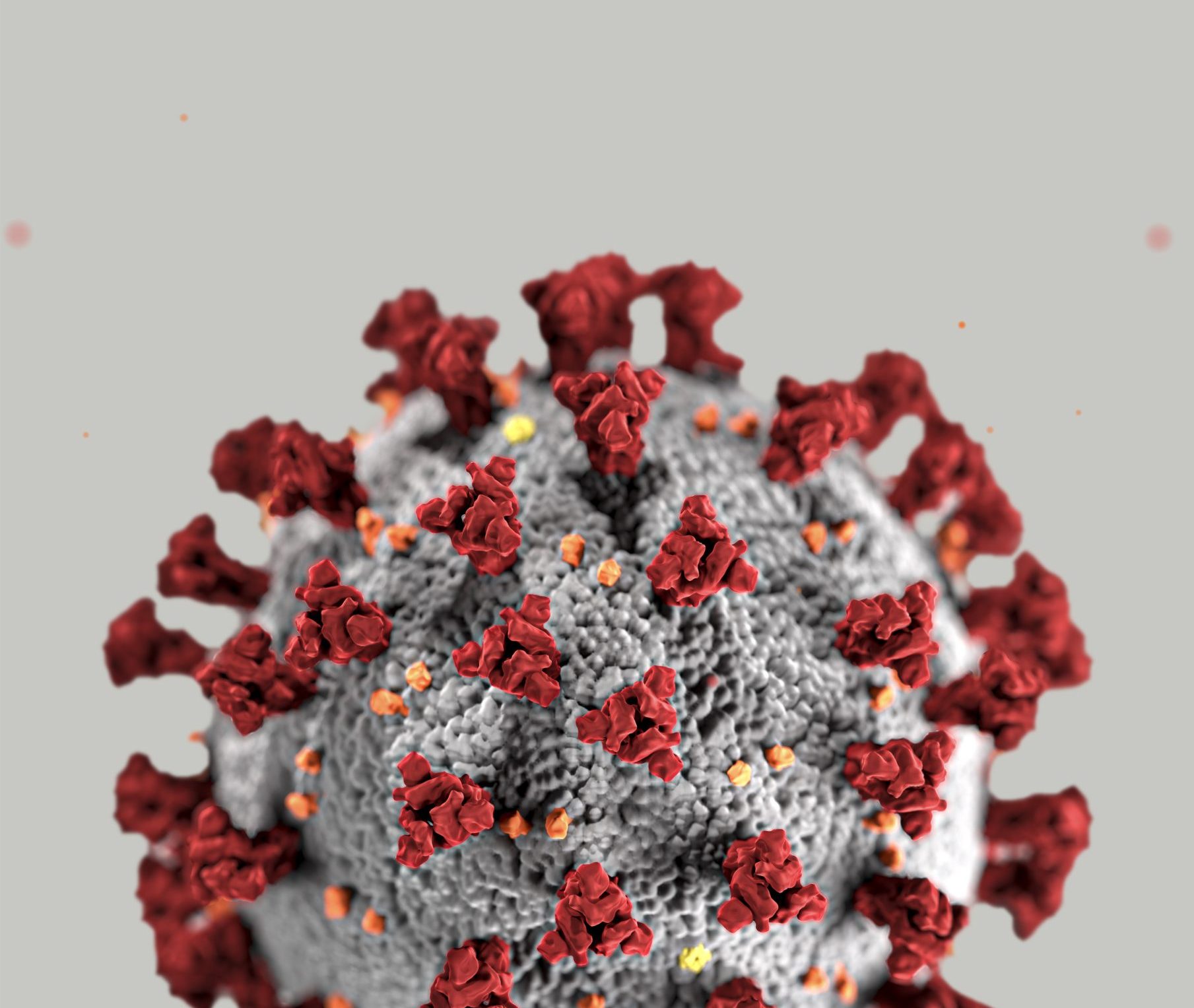With the changing seasons, colder weather often causes an uptick in flu and COVID-19 cases. The U.S. Centers for Disease Control and Prevention (CDC) encourages people, especially older people and those with pre-existing conditions, to get vaccinated, as they’re more at risk for becoming seriously ill.
“Vaccines are the best way to prevent serious illness from flu and COVID-19,” said Dr. Nirav D. Shah, principal deputy director of the CDC. “People who get flu or COVID-19 after getting vaccinated are much less likely than those who did not get a vaccine to get very sick or go to the hospital.”
Here are answers to commonly asked questions about flu and COVID-19 vaccines from the U.S. Department of Health and Human Services’ “Risk Less. Do More” public education campaign.
Which older adults should get vaccinated, and why? The CDC says all people ages 6 months and older should get updated 2024-25 COVID-19 and flu vaccines. Adults ages 65 and older have the greatest risk.
Getting these vaccines is important for older people who live in nursing homes or other places where many people live together, places where viruses can easily spread. Older adults are more likely to have pre-existing health issues or weaker immune systems that may put them at higher risk. Most people who found themselves in the hospital for flu or COVID-19 in the past were older adults who had not been vaccinated. Over 95 percent of adults who were admitted to hospitals for COVID-19 last year had not received vaccine updates.
When should older adults get vaccinated? Can they get the two vaccines at the same time? The best time to get the flu and COVID-19 vaccines is in September and October. If that’s not possible, then getting vaccinated later in the fall and winter can still help limit serious symptoms. It is safe for older adults to get both flu and COVID-19 vaccines at the same time. For most people, that’s also simpler, with just one visit. Getting the vaccines in different arms is recommended.
What should people who support older adults with their health care decisions know? Flu and COVID-19 vaccines help people risk less severe illness and do more of what they enjoy. Yet many people are unaware of the benefits of these vaccines. That’s why it’s important that people talk with their older family members about getting flu and COVID-19 vaccines this season.
Talk to your doctor about the updated flu and COVID-19 vaccines as well as treatment options. You can also learn more at cdc.gov/RiskLessDoMore.
COVID-19 vaccines facts:
Over four years after the start of the COVID-19 pandemic, people are once again enjoying time with friends and family and doing their favorite things. But the virus that causes COVID-19 keeps changing, so it’s still important to stay up-to-date on your vaccinations. Respiratory viruses, including COVID-19, are common during the fall and winter months. That’s why now is a good time to take care of yourself and your loved ones.
“As the virus changes, we are learning more and more about how to protect people from COVID-19,” said Namandjé N. Bumpus, Ph.D., principal deputy commissioner at the U.S. Food and Drug Administration (FDA). “Getting the latest COVID-19 vaccine means your protection is as up to date as possible.”
Vaccines are the best way to protect yourself and your loved ones from COVID-19. Getting vaccinated against COVID-19 lowers your chances of becoming very sick or needing hospitalization. Some people who get the vaccines still get sick, but vaccination can make symptoms milder. This is important if you are over age 65 or have certain health conditions—you can be at higher risk for serious or long-lasting health problems, such as Long COVID or even death. If you do get COVID-19, ask your doctor about treatment options to reduce your risk of severe illness.
COVID-19 vaccines are regularly updated to keep up with the changing virus. The COVID-19 vaccines are updated based on the latest variants of the virus. The updated vaccines offer the best protection against the changing virus. The latest vaccine boosts your immunity and lowers your risk of severe sickness.
Side effects for COVID-19 vaccines are usually mild and go away on their own in a few days. The most common side effects are soreness or redness at the injection site, headache or body aches, or fever.
Severe side effects like anaphylaxis are rare, with about five adverse events per one million doses given.
For more information, visit cdc.gov/RiskLessDoMore or talk to your doctor.
If you think you have COVID-19, testing can help. All U.S. households are still eligible to receive four free COVID-19 test kits. Order them today at COVIDTests.gov.



